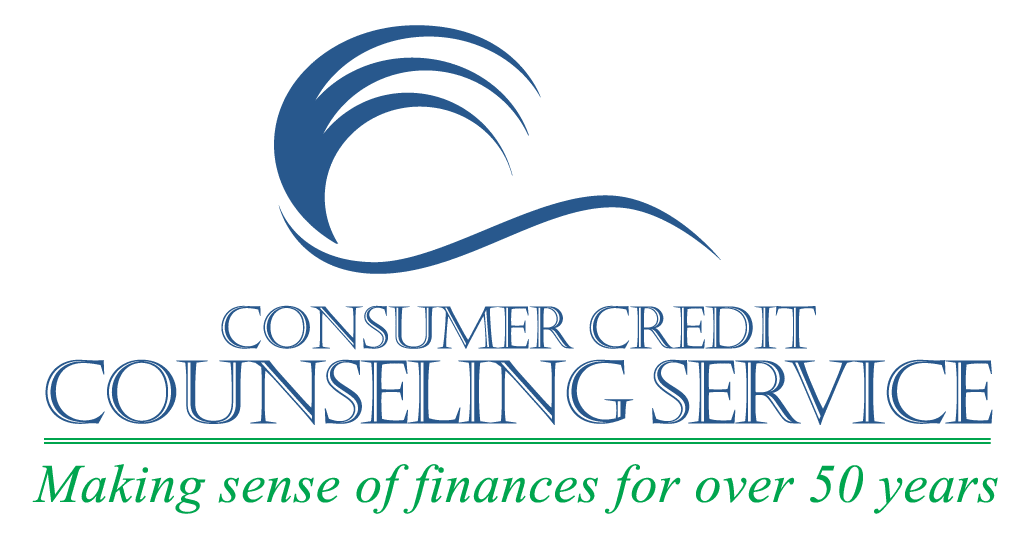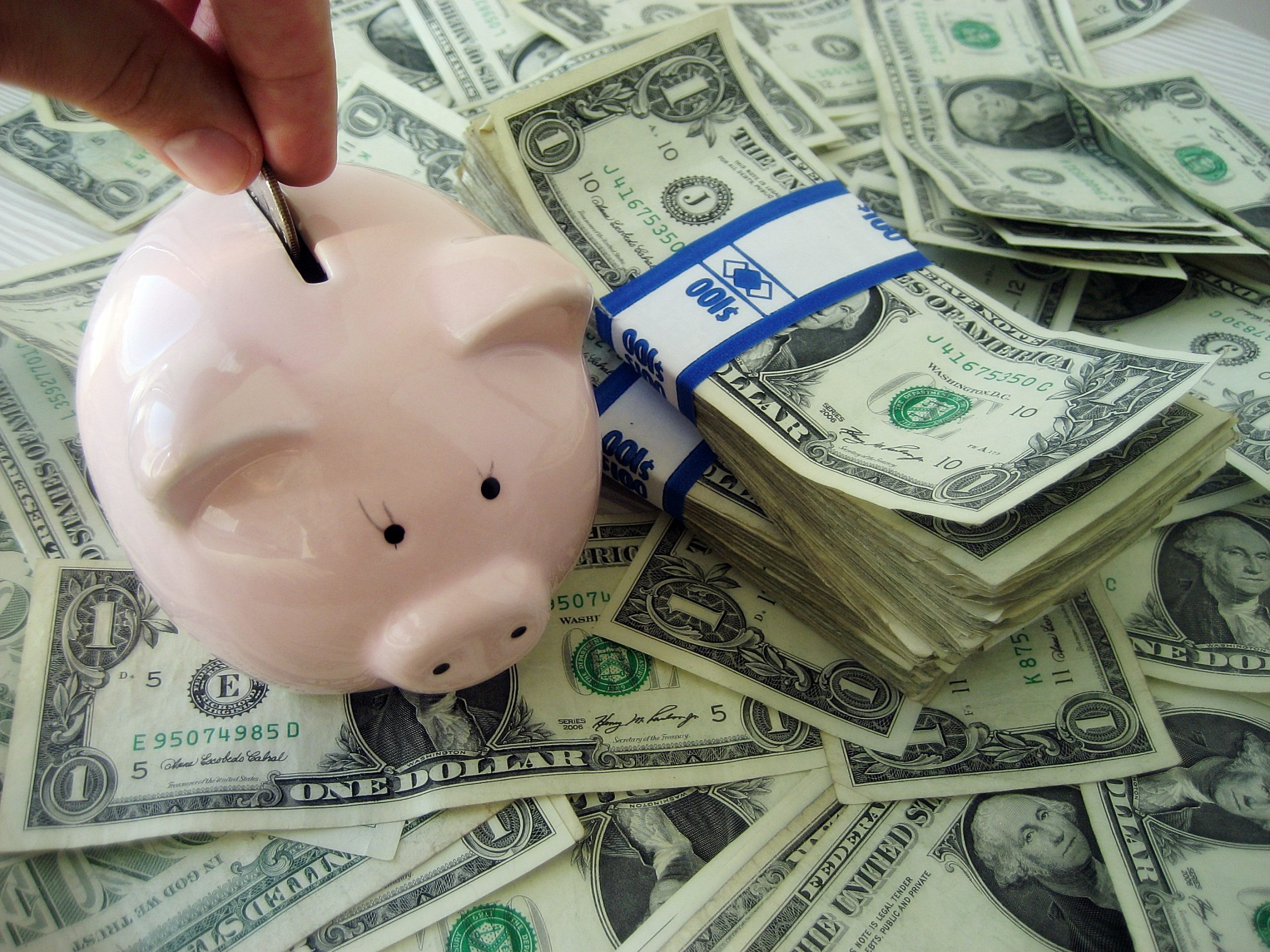
Many banks and credit unions offer overdraft programs. An overdraft occurs when you don’t have enough money in your account to cover a transaction, but the bank covers the transaction. These transactions can include ATM withdrawals or debit card purchases. These programs pay for the transaction, charge you a fee, and charge you to repay the cost of the transaction.
Your bank or credit union cannot charge you for overdraft fees on ATM or debit card transactions unless you’re enrolled in an overdraft protection program.
You can opt-out of overdraft protection programs anytime. If you do not have enough money in your account to cover what you are buying or withdrawing, your bank may decline your transaction. This also means your financial institution will not charge you an overdraft fee for these transactions.
Find out more at consumerfinance.gov
To contact a financial counselor at the CCCS to help you understand overdraft programs, click here.

